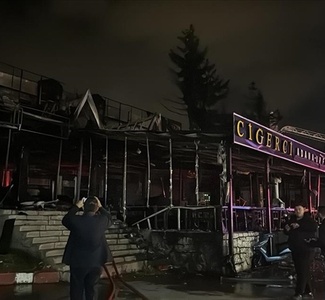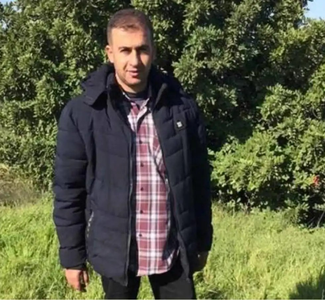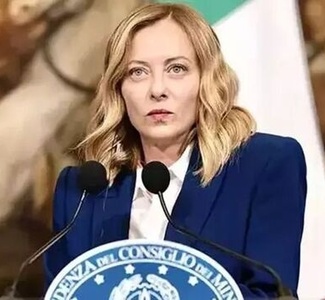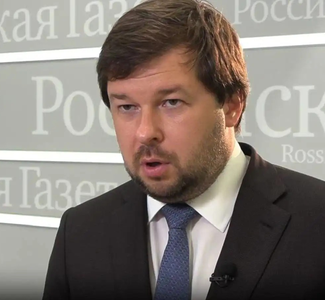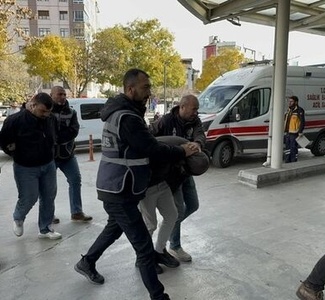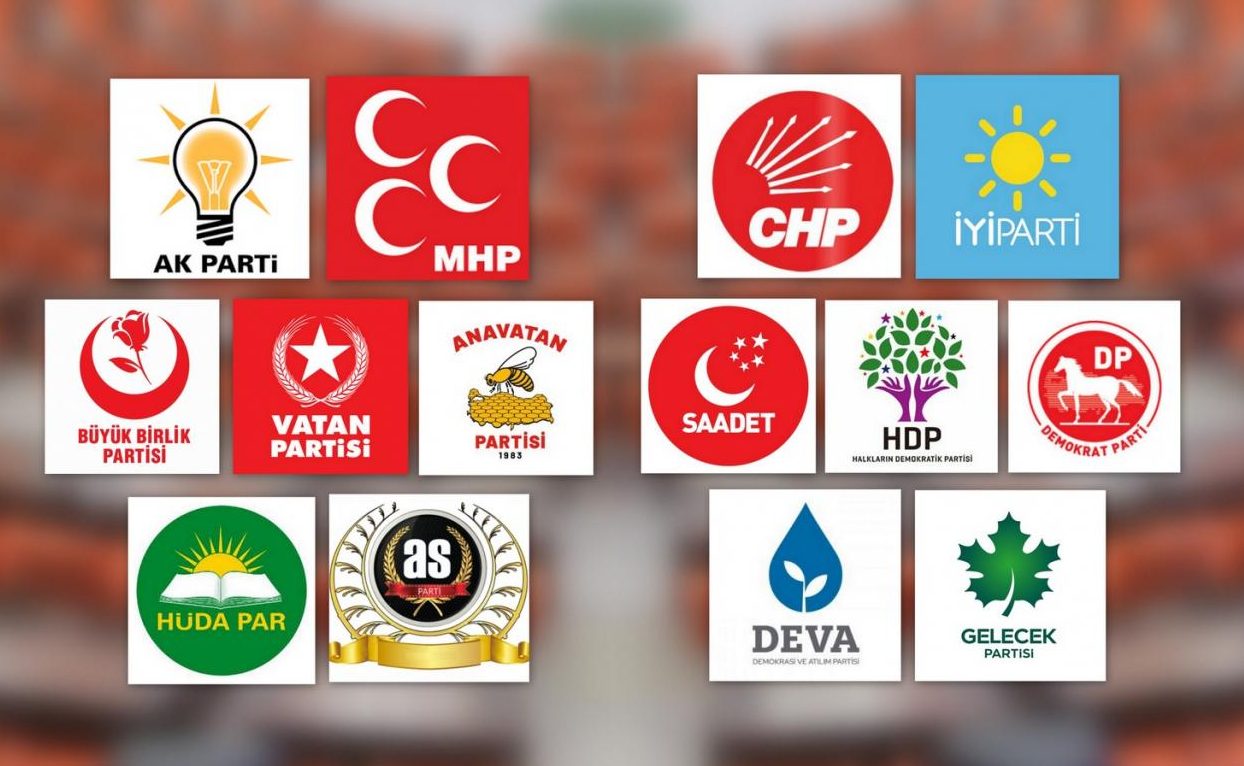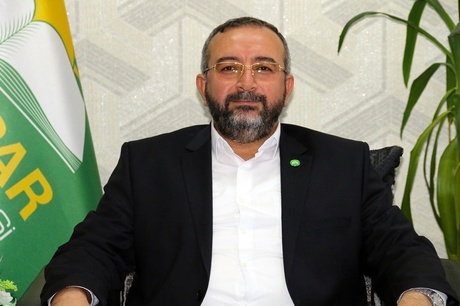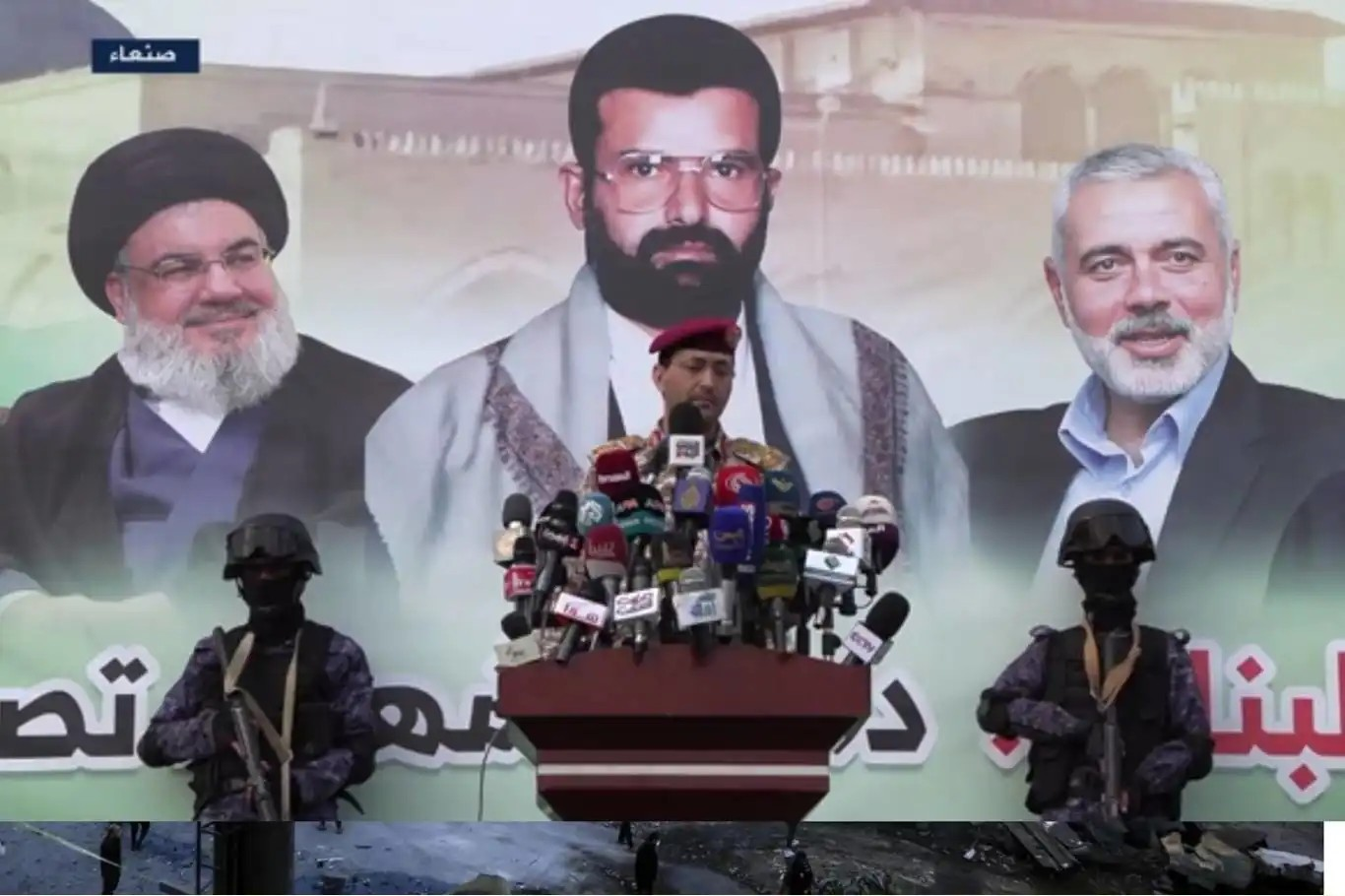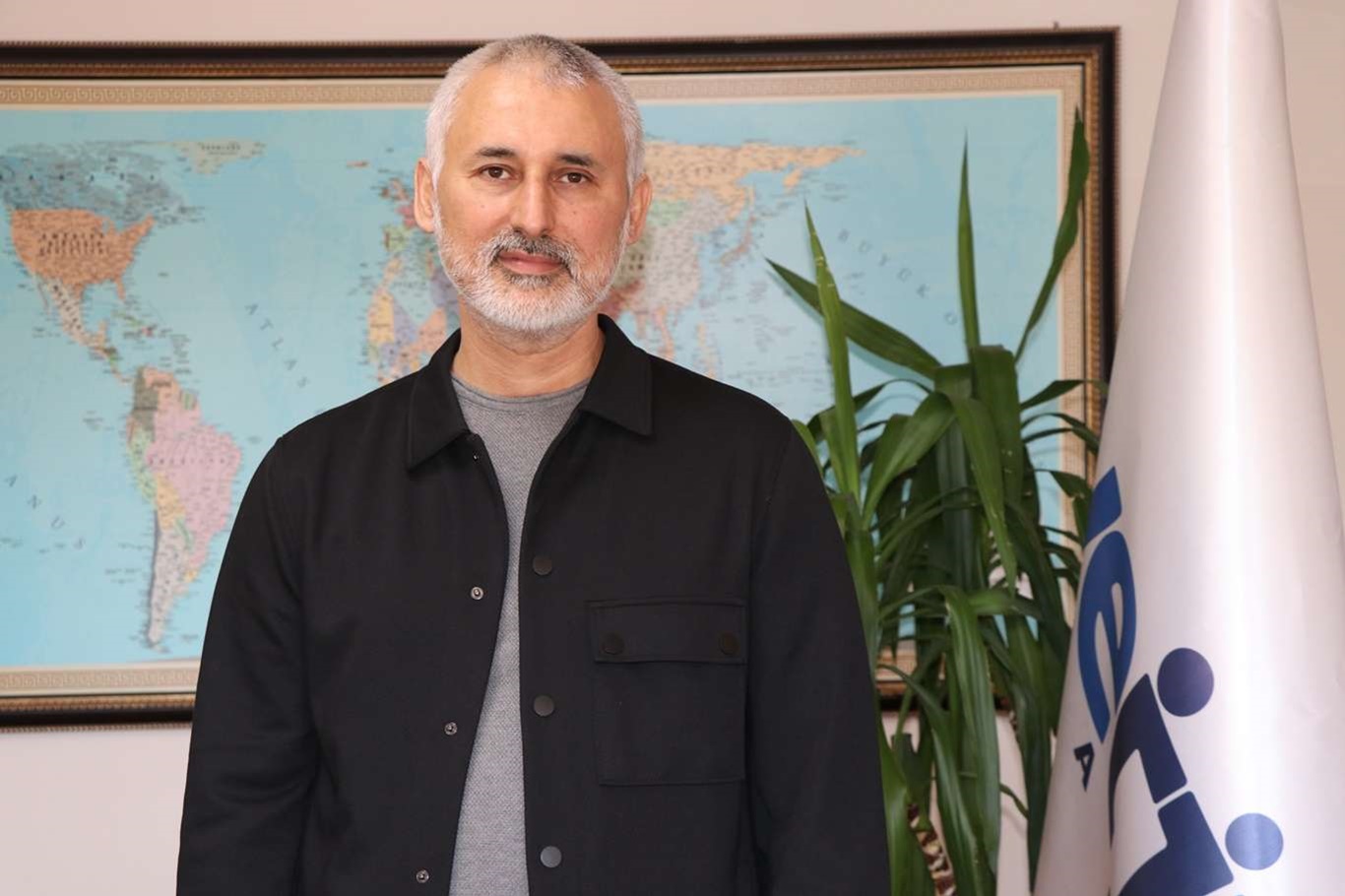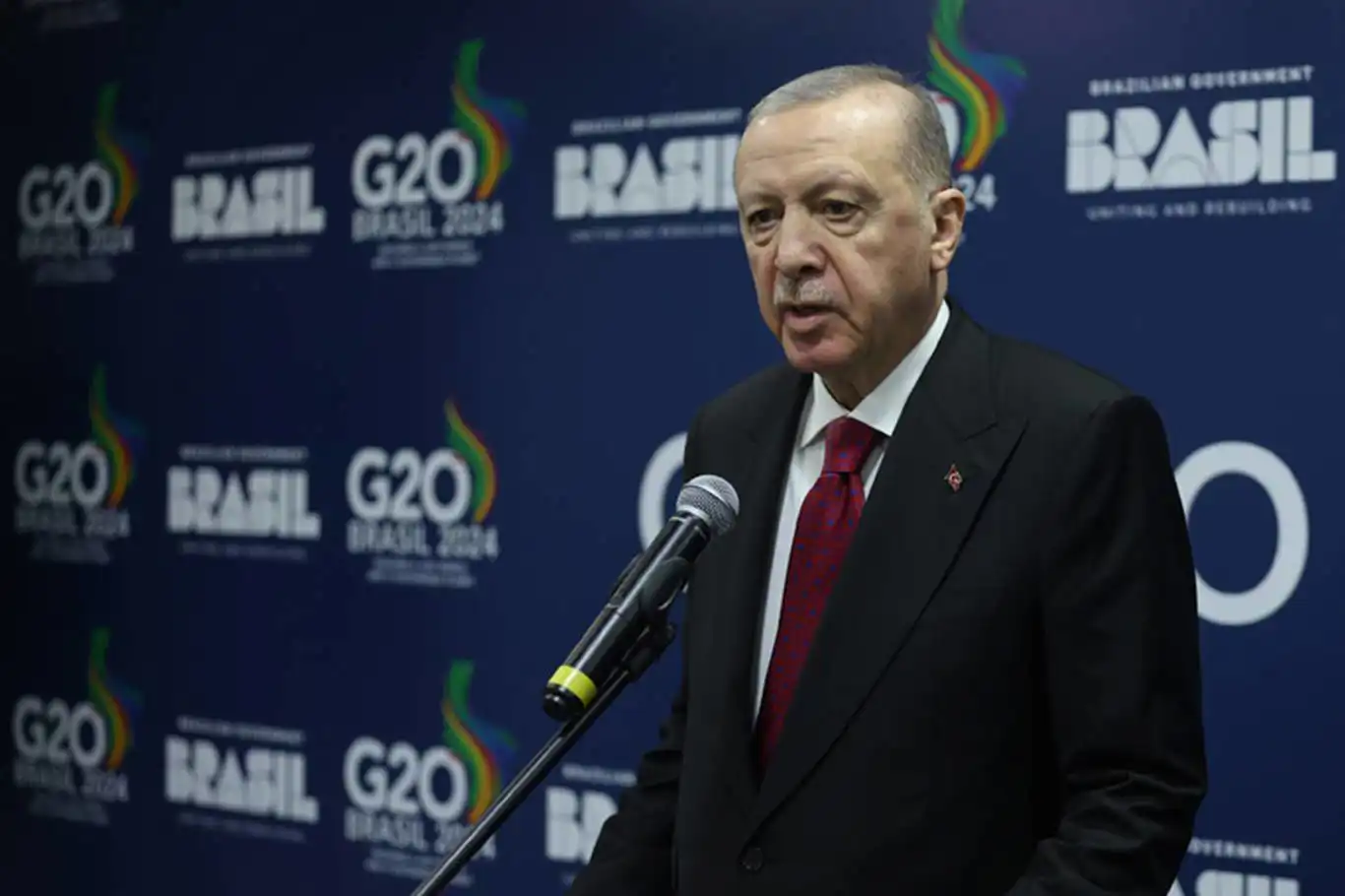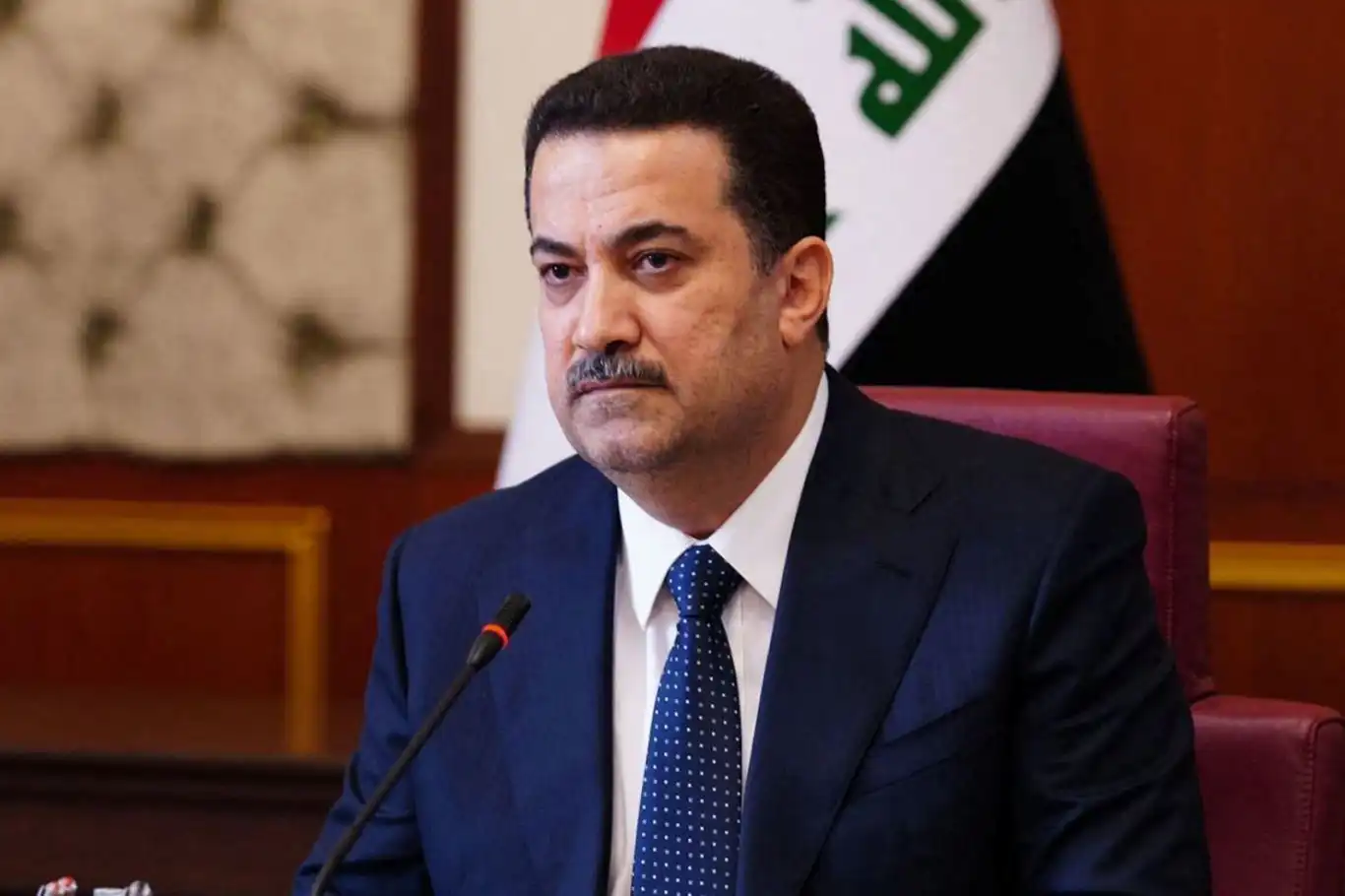Türkiye commemorates 63rd anniversary of the 1960 coup
Today marks the 63rd anniversary of the May 27, 1960 coup that took place in Türkiye, marking a significant event in the country's history.

 Google News'te Doğruhaber'e abone olun.
Google News'te Doğruhaber'e abone olun. The 1960 Turkish coup d'état stands as the first coup in the Republic of Türkiye, orchestrated by a group of 38 young military officers who acted outside the Staff Chiefs' chain of command.
Led by General Cemal Gürsel and orchestrated by Alparslan Türkeş, the coup aimed to overthrow the democratically elected government of the Democrat Party. Alparslan Türkeş, a member of the junta known as the National Unity Committee, played a pivotal role in planning the coup.
The coup occurred during a period of socio-political turmoil and economic hardship as the United States aid from the Truman doctrine and the Marshall Plan was dwindling. Prime Minister Adnan Menderes sought alternative lines of credit and planned to visit Moscow, adding to the tense atmosphere.
Colonel Alparslan Türkeş, who had received training from the United States to form a counter-guerrilla unit, took center stage in orchestrating the plot. In a radio announcement on the morning of May 27, Türkeş declared the success of the coup, proclaiming the end of one era and the beginning of a new one for Türkiye:
"The Great Turkish Nation: Starting at 3:00 am on the 27th of May, the Turkish armed forces have taken over administration throughout the entire country. This operation, thanks to the close cooperation of all our citizens and security forces, has succeeded without loss of life. Until further notice, a curfew has been imposed, exempt only to members of the armed forces. We request our citizens to facilitate the duty of our armed forces and assist in reestablishing the nationally desired democratic regime."
In a subsequent press conference, General Cemal Gürsel highlighted the coup's purpose, emphasizing the aspiration to swiftly transition the country towards a fair, clean, and robust democracy. The junta's actions involved the forced retirement of 235 generals, over 3,000 commissioned officers, the purge of judges, public prosecutors, and university faculty members, as well as the arrest of key government figures.
The junta appointed General Cemal Gürsel as the provisional head of state, prime minister, and minister of defense, consolidating control over the administration. However, the coup's aftermath included the suicide of the Minister of the Interior, Namık Gedik, while in detention at the Turkish Military Academy.
President Celal Bayar, Prime Minister Adnan Menderes, and other officials faced trial on the island of Yassıada in the Sea of Marmara, presided over by a court appointed by the junta. They were charged with high treason, misuse of public funds, and abrogation of the constitution.
Ultimately, the tribunals concluded with the execution of Adnan Menderes, Minister of Foreign Affairs Fatin Rüştü Zorlu, and Minister of Finance Hasan Polatkan on İmralı island on September 16, 1961.
Today, as Türkiye commemorates the 63rd anniversary of the 1960 coup, it serves as a reminder of a pivotal moment in the country's history that significantly impacted its political landscape and set the stage for subsequent developments.
The coup's legacy extended beyond the immediate repercussions. It established a pattern of military intervention in Turkish politics, with subsequent coups occurring in 1971, 1980, and the post-modern coup of 1997. The military's role as a “guardian” of the secular order and its perception as a protector of democratic values became deeply ingrained in Turkish society. The coup also highlighted the fragility of democracy and the challenges of balancing political stability with individual rights and freedoms.
Moreover, the May 27 coup marked a turning point in Türkiye's constitutional development. The military-backed government introduced a new constitution in 1961, aiming to establish a more democratic system. This constitution expanded civil liberties, introduced checks and balances, and facilitated greater political participation. However, it also granted the military significant powers and influence over political affairs, further entrenching their role in Turkish governance. (ILKHA)




































